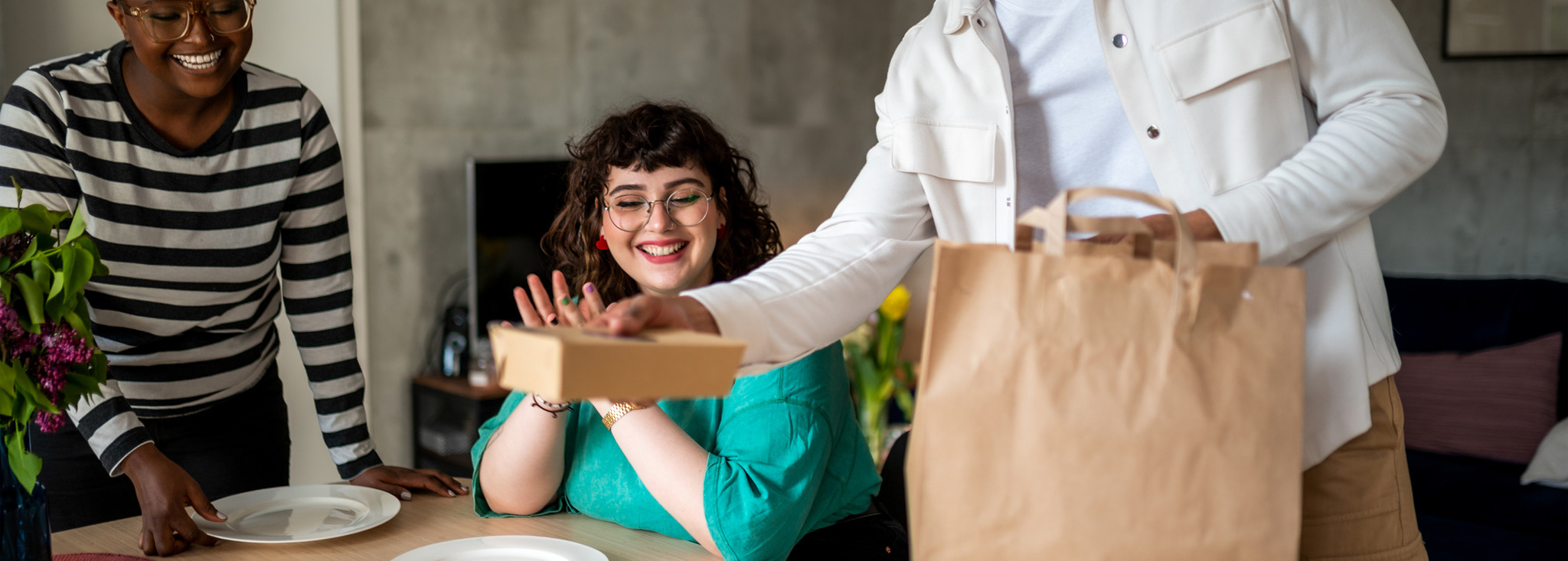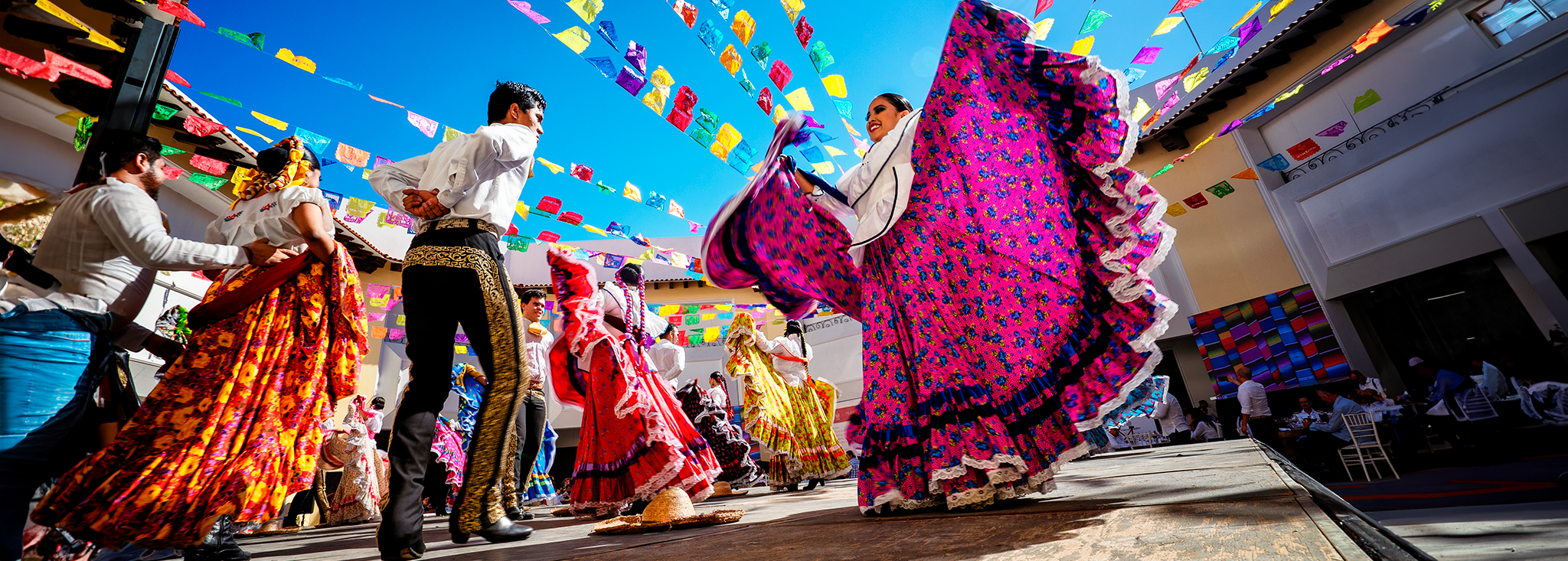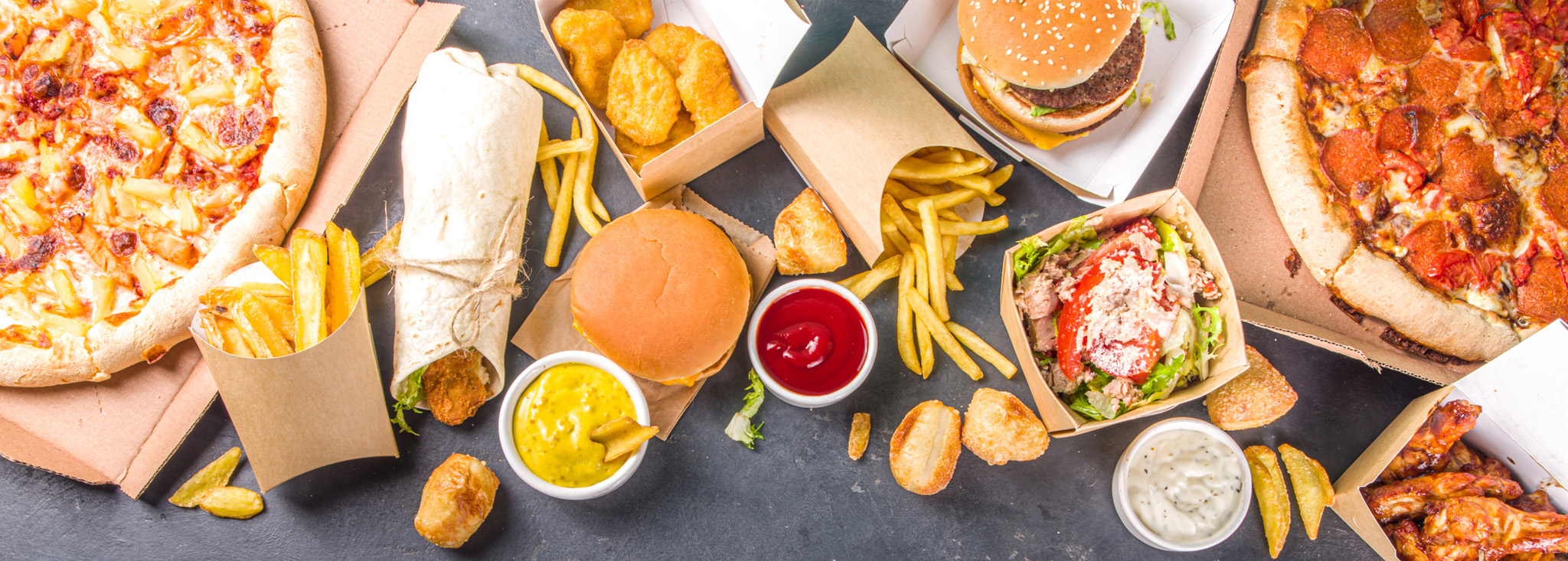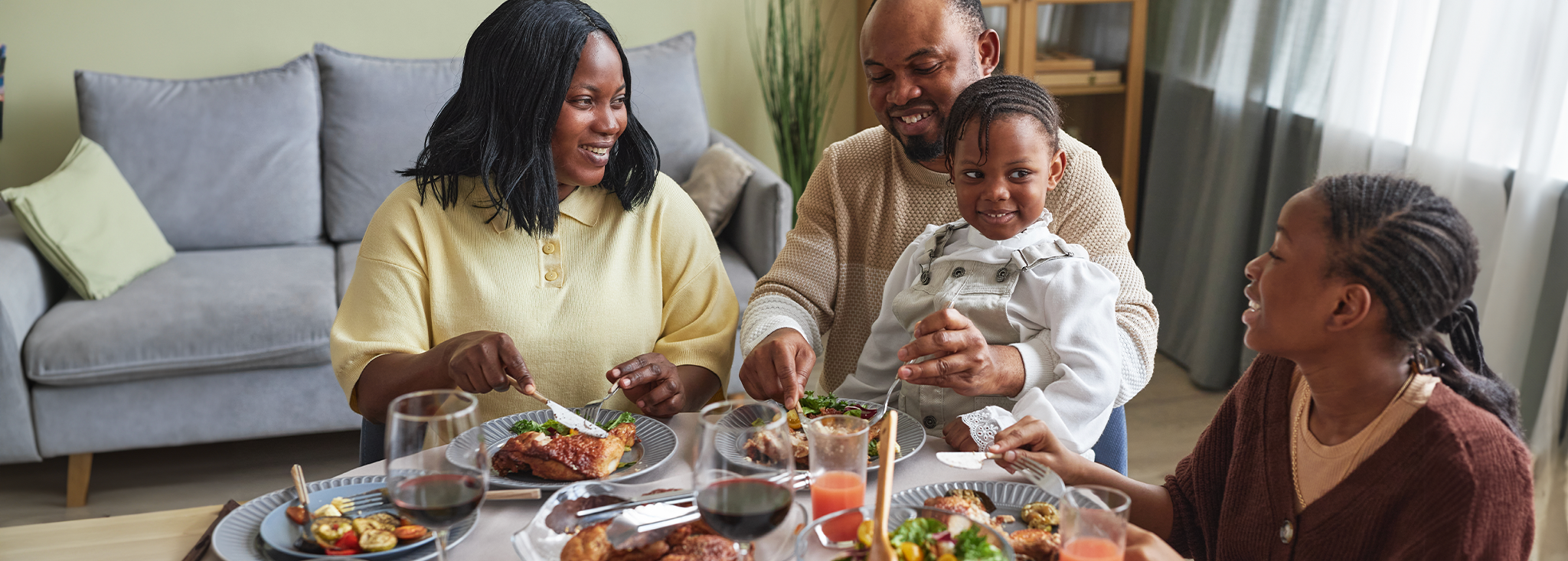The Alcohol and Diabetes Guide
Written by: Amrita Misha
7 minute read
December 5, 2016
Cheers! We're not going to tell you that you can't drink; we will however, give you some general pointers on how to stay safe.
Editor’s Note: Marina Basina, MD, has verified this content, a clinical associate professor at Stanford University. She’s a clinical endocrinologist and researcher with a focus on diabetes management and diabetes technology. Dr. Basina is an active member of multiple medical advisory boards and community diabetes organizations, and she is on the Beyond Type 1 Science Advisory Committee.
Alcohol and diabetes: do they mix? The short answer is yes, you can drink alcohol if you have diabetes. But before you drink, it’s a good idea to educate yourself on how drinking can impact your body and specifically your blood sugar levels on your blood glucose meter (BGM) or blood glucose levels on your continuous glucose monitor (CGM).
Here are some tips on drinking safely and responsibly with diabetes. (And check-out our Alcohol and Diabetes infographic!)
First, talk to your doctor
Ask your doctor if you are healthy enough to drink alcohol or if you are on other medications that may not be safe to drink while taking. If you are insulin-dependent, your doctor may suggest adjusting your insulin doses while drinking.
This conversation starts with simply being honest about the amount of alcohol you drink daily.
Why alcohol increases your risk of hypoglycemia
The reason alcohol can be tricky for people with diabetes is mostly because of the way it interferes with your liver’s role in managing your blood sugar!
This is especially true if you’re taking insulin or other diabetes medications that can cause low blood sugars.
Your liver stops producing glucose when alcohol is present: Your liver stores extra glucose (sugar) from the food you eat. This stored glucose is called glycogen. Every day, your liver helps to regulate your blood sugar level by converting stored glycogen into glucose.
Your liver is releasing this stored glucose every day and night to give your brain and body the fuel it needs to function. The same stored glucose contributes to high blood sugars levels during the “dawn phenomenon” in the morning, too. And it’s part of why we need background / basal insulin throughout the day.
Meanwhile, when you consume alcohol, your liver sees this as a toxic poison that it needs to focus on processing to get it out of your body as quickly as possible. The more you drink, the longer this process takes.
When your liver is focused on processing and eliminating the alcohol you drink, it stops its other job of releasing that steady drip of stored glucose.
Your stomach digests food at a slower rate: Alcohol also slows down the digestion of the food you just ate. This means that the insulin you may have taken for that meal while you were drinking is being digested more slowly than usual. The insulin could take action on your blood sugar before the food is breaking down into glucose—increasing your risk of going low.
Alcohol-induced hypoglycemia: Hypoglycemia—also known as low blood sugar—is when your blood sugar drops below 70 mg/dL.
When you’re drinking, your risk of experiencing a low blood sugar is higher based on the combination of your liver pressing pause of releasing stored glucose and your food not being digested as quickly.
These are the reasons why drinking alcohol as a person with diabetes can be very dangerous.
If you were consuming alcohol until going to sleep at 1 a.m., you could experience delayed low blood sugars throughout the rest of the night and in the morning. In fact, alcohol-induced hypoglycemia can happen up to 12 hours after drinking.
If you are intoxicated, you may not hear your CGM alarms or feel the usual symptoms of low blood sugar. Instead, you could potentially sleep through the low, increasing your risk of severe hypoglycemia, seizures, or death.
Symptoms of hypoglycemia & intoxication are very similar
The signs of hypoglycemia can look a lot like being drunk: drowsiness, unsteady movements, slurred speech, feeling weak, or tired, etc.
A severe hypo can lead to mental confusion, unconsciousness, or seizures, which can all be extremely dangerous to your physical well-being and ability to treat the low yourself.
This is why it’s especially important for your friends and family to know the risks of drinking alcohol with diabetes and the signs of low blood sugar.
You should teach your friends: if you are ever vomiting or showing the signs of hypoglycemia, they should encourage you to check your blood sugar with your BGM or your blood glucose levels with your CGM. And to call 911 if they are concerned.
Emergency glucagon isn’t as effective when you’re drinking alcohol
Remember that tidbit about how alcohol interferes with your liver’s normal release of glycogen? If you have consumed a lot of alcohol and you’re experiencing severe low blood sugar, your “emergency glucagon” treatment might not be effective because it relies on your liver!
Emergency glucagon kits work because glucagon is a hormone that tells your liver to release a large amount of stored glycogen. If your liver is overwhelmed with processing the alcohol in your system, it isn’t going to respond normally to the presence of emergency glucagon.
This is another reason why a person with diabetes needs to be very mindful of how much alcohol you consume.
Alcohol-related hyperglycemia with diabetes
Since sugar or other carbs are often the vehicle that makes alcohol more palatable (think margarita mix, rum+coke, or other sugary chasers, etc.), these fast-digesting carbs will be quickly converted to glucose and enter the bloodstream, raising your blood sugar. In this context, we are referring to a high blood sugar as any level over 8.9 mmol/L160 mg/dL.
Whether you have type 1 or type 2 diabetes, it’s important to count your carbs and monitor your blood sugar while drinking. Remember, hard alcohol by itself has zero carbs and will not raise your blood sugar but still can put you at risk for low blood sugar that can occur hours after hard liquor ingestion.
What kind of mixers are in your drinks? Juice? Soda? Sweetened liquors? Pay attention to the details. It is very common for blood sugar levels to spike shortly after drinking due to sugary mixers, and then dramatically drop low hours later when you are likely sleeping.
While you do need some insulin to cover those carbohydrates, your doctor may suggest reducing your usual insulin-to-carbohydrate ratio to prevent low blood sugars later in the night.
Vomiting while drinking alcohol
If you’ve consumed so much alcohol that you begin vomiting, this is your body’s way of try to manage the “overdose” of alcohol. As a person with diabetes—especially if you take insulin—it’s important to check your blood sugar very often in the hours after vomiting. You may also want to check for ketones.
Vomiting can lead to either low blood sugars (if you puked food that you’ve taken insulin for) or potentially diabetic ketoacidosis (DKA)—even if your blood sugar levels are normal. Vomiting for any reason leads to dehydration which can lead to DKA.
Teach your friends to never simply let you “sleep it off” if you’ve been vomiting and then pass out.
Risks of drinking
There are always risks that accompany drinking alcohol. You may experience any of the following symptoms:
- Decreased awareness
- Lack of coordination
- Impaired judgment, behavioral changes
- Slurred speech
- Fatigue
- Malnutrition
Prolonged or chronic alcohol-use risks:
- Liver, heart and pancreas damage
- Shrinking of the frontal lobe
- Heightened risk for cancer
Increased risks of damage to the body if you have diabetes:
If you have both type 1 or type 2 diabetes and drink alcohol you may be at a heightened risk for diabetes complications.
- Neuropathy—worsened nerve problems
- Increased triglycerides—fatty acids that put you at risk for stroke
- Increased blood pressure
- Retinopathy or damage to the eyes
- Liver damage or cirrhosis
If you’re having frequent trouble managing your blood sugar levels, you should consider if it’s safe for you to drink alcohol.
Your “drinking with diabetes” checklist
Alright, you get it. There are risks associated with drinking alcohol with diabetes. But is there a way to drink with diabetes? Yes! Here are a few tips on how to drink responsibly.
- Talk to your doctor.
Ask your doctor how you can drink while staying safe. Talk about any medication that you are on, and if you are taking insulin, talk about how you should modify your dosages while drinking; they may want to lower your basal insulin. - Talk to the people drinking with you about your diabetes.
Don’t drink alone! Carry diabetes identification when you go out drinking and make sure you have friends who know about the risks of drinking with diabetes. Emphasize the fact that a hypo might look like you are drunk. Show them the hypoglycemia handout on this page before going out so that they know how to help you. - Don’t drink alcohol on an empty stomach.
Eat something with slow-acting carbs before you go out drinking alcohol. This means a meal that contains some carbohydrates and fat/protein. This can help prevent an alcohol-induced hypo, and it will also help your body process the alcohol more effectively. - Know your alcohol.
Keep track of how much you are drinking, the alcohol content, the sugar/carb content, and pace yourself. Come into the night prepared: check out our article about different types of alcohol and recommendations on how much is safe to drink at a time. - Check, check, check your blood!
Check your blood sugar frequently! Before you drink, while you are drinking, and in the hours after you drink. Do not drink if your blood sugar is low. Check your blood sugar before you go to bed and as soon as you wake up. As we’ve described in this article, alcohol can lead to unexpected fluctuations in your blood sugar. Check. Check. Check. - Come prepared.
Bring your CGM, blood glucose meter, glucose tabs, a snack, etc. And remember: glucagon might not help an alcohol-induced hypo: here’s why.

Author
Amrita Misha
Beyond Type 1 is the largest diabetes org online, funding advocacy, education and cure research. Find industry news, inspirational stories and practical help. Join the 1M+ strong community and discover what it means to #LiveBeyond a diabetes diagnosis.
Related Resources

Life gets busy. From working 40+ hours a week to running errands and attending different...
Read more

Long live Mexico and its culinary art! Hispanic Heritage Month is from September 15th to...
Read more

Fast food has gotten a bad rap for years. For many, the convenience and comfort...
Read more

